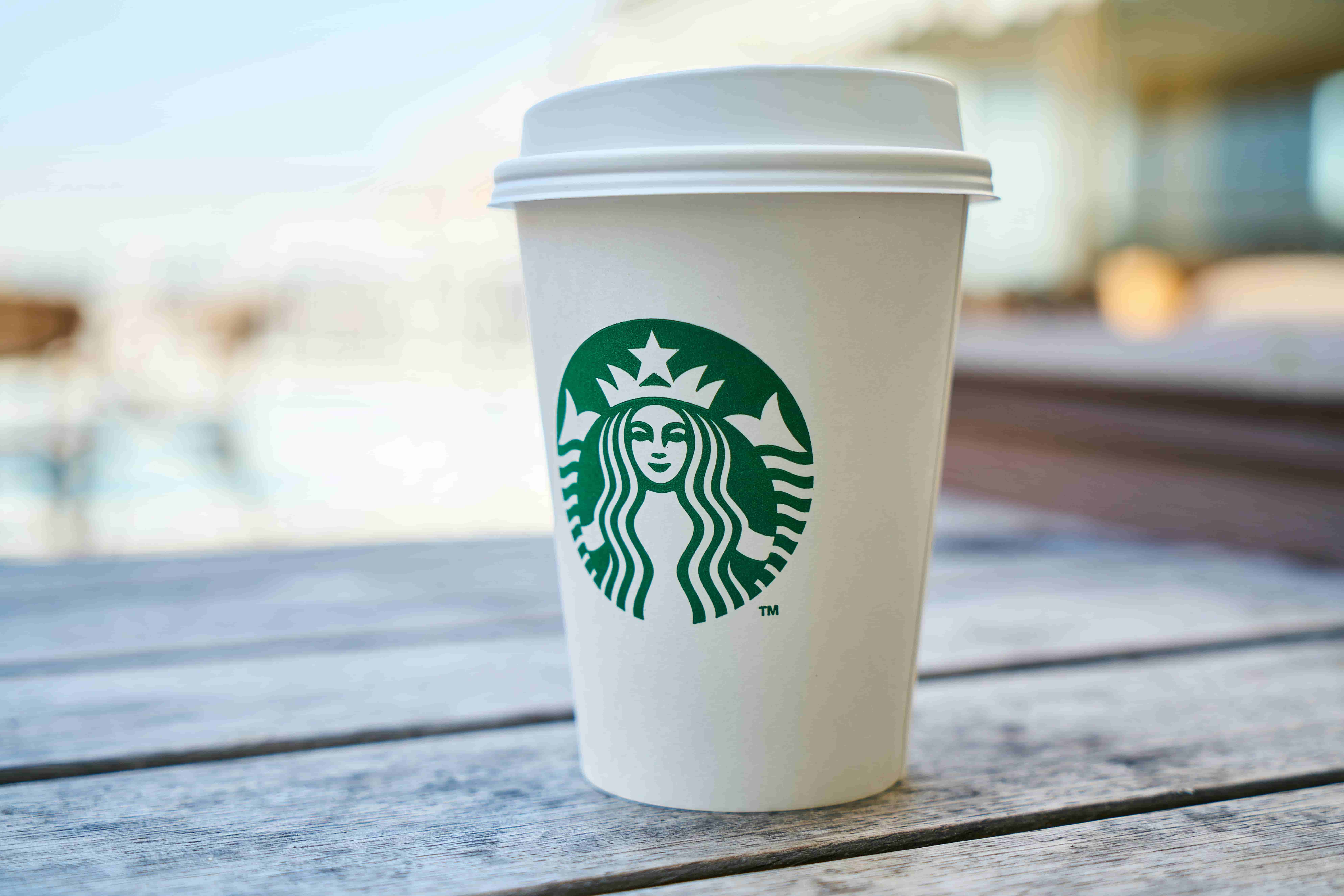When it comes to branding, one of the most powerful tools a business can have is a trademark. Trademarks are used to protect brand names, logos, and other identifiers from being used by competitors. But can single words, often so simple and common, be trademarked? This blog post explores the possibility, the limitations, and what businesses need to know about trademarking single words.
What is a Trademark?
A trademark is a legal designation that protects a word, symbol, or phrase that distinguishes the source of goods or services. It is meant to protect the identity of a business and its products or services from being copied or imitated by others. A registered trademark grants exclusive rights to use the trademarked word or symbol in commerce.
Can You Trademark Single Words?
In theory, yes, single words can be trademarked. However, there are certain restrictions and conditions that apply. Here's a breakdown of the main factors that determine whether a single word can be trademarked:
1. Distinctiveness
The most crucial factor in whether a single word can be trademarked is its distinctiveness. For a word to be eligible for trademark protection, it must be unique and capable of identifying the source of a product or service. Words that are descriptive or generic usually do not qualify for trademark status.
- Generic Words: These words are too common or generic to be used as a trademark. For example, words like “coffee” or “bookstore” cannot be trademarked because they describe the product or service.
- Descriptive Words: Descriptive words are those that describe an attribute of the product or service. For instance, “Tasty” for a food brand might be too descriptive to trademark.
- Suggestive Words: These words suggest an attribute but don't directly describe it. For example, “Netflix” is a suggestive word that can be trademarked, as it implies a service related to films or TV but doesn't directly describe the service.
- Arbitrary or Fanciful Words: These are the easiest to trademark. They are made-up words or words that have no connection to the product or service they represent, like “Apple” for computers or “Google” for a search engine.
2. Use in Commerce
In order to trademark a word, it must be used in commerce. This means the word should be actively used as part of your branding, product, or service offering. Merely having a word in your mind or on paper is not enough to claim trademark rights.
3. Likelihood of Confusion
If the single word you want to trademark is too similar to an already registered trademark, it may be rejected on the grounds of "likelihood of confusion." This means consumers could confuse your product or service with another, leading to trademark infringement issues.
Examples of Single Words That Have Been Trademarked
There are many examples of single words that have successfully been trademarked. These trademarks are often arbitrary, fanciful, or suggestive in nature:
- Apple: A single word that represents one of the world's leading tech companies, despite being a common noun for a fruit.
- Google: A made-up word that has become synonymous with online search engines.
- Nike: A brand name inspired by the Greek goddess of victory, now globally recognized for sports apparel.
- Zara: A common word in Spanish, but trademarked as the name of a fashion brand.
Conclusion
In summary, while single words can be trademarked, the key lies in their distinctiveness, uniqueness, and the way they are used in commerce. Generic or overly descriptive words are unlikely to qualify for trademark protection, but arbitrary or fanciful words have a much higher chance of being successfully trademarked.
If you're considering trademarking a single word, it's important to do thorough research and possibly consult with a trademark attorney to ensure that the word you want to trademark is eligible and that you can secure your exclusive rights.
